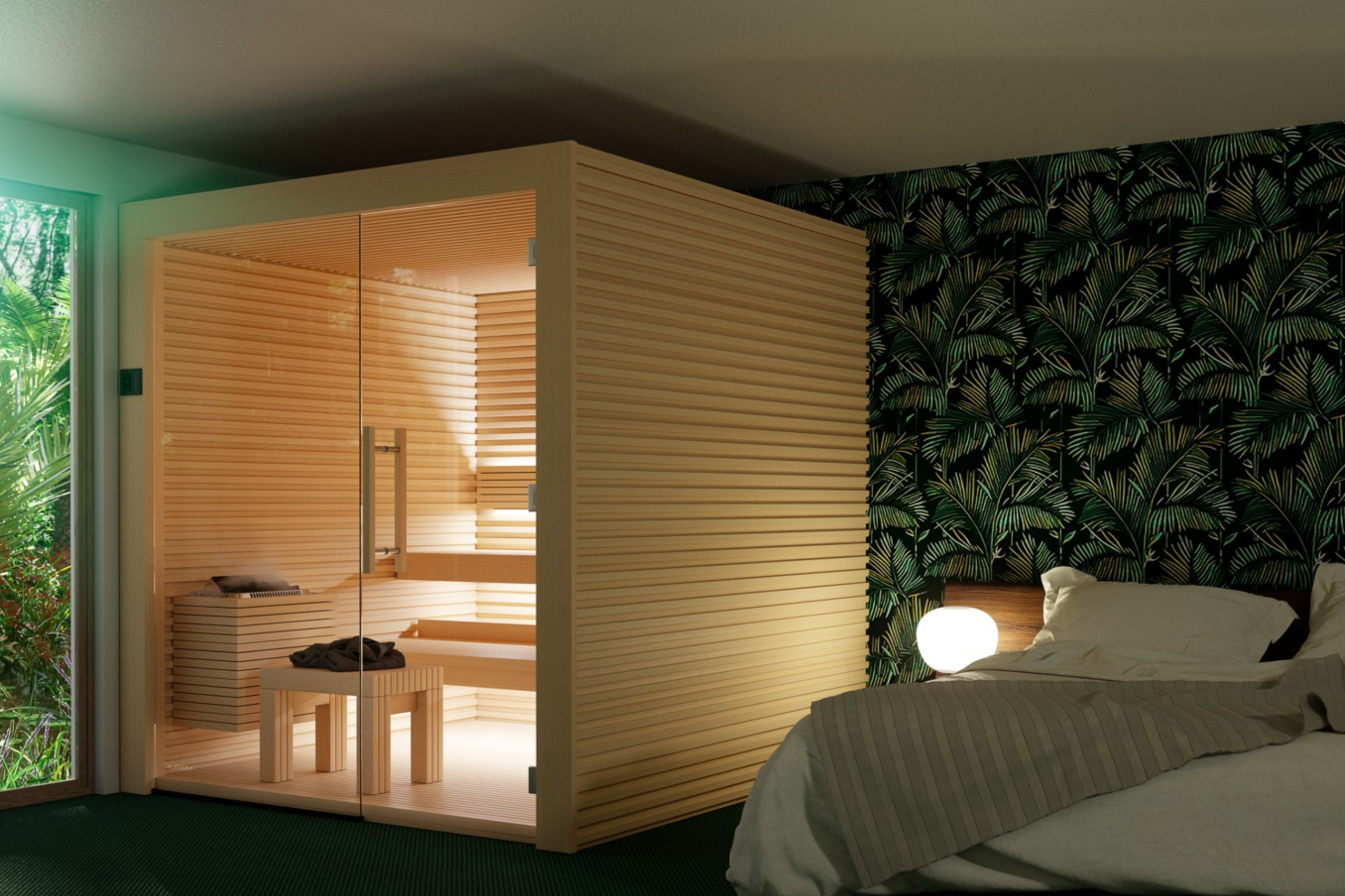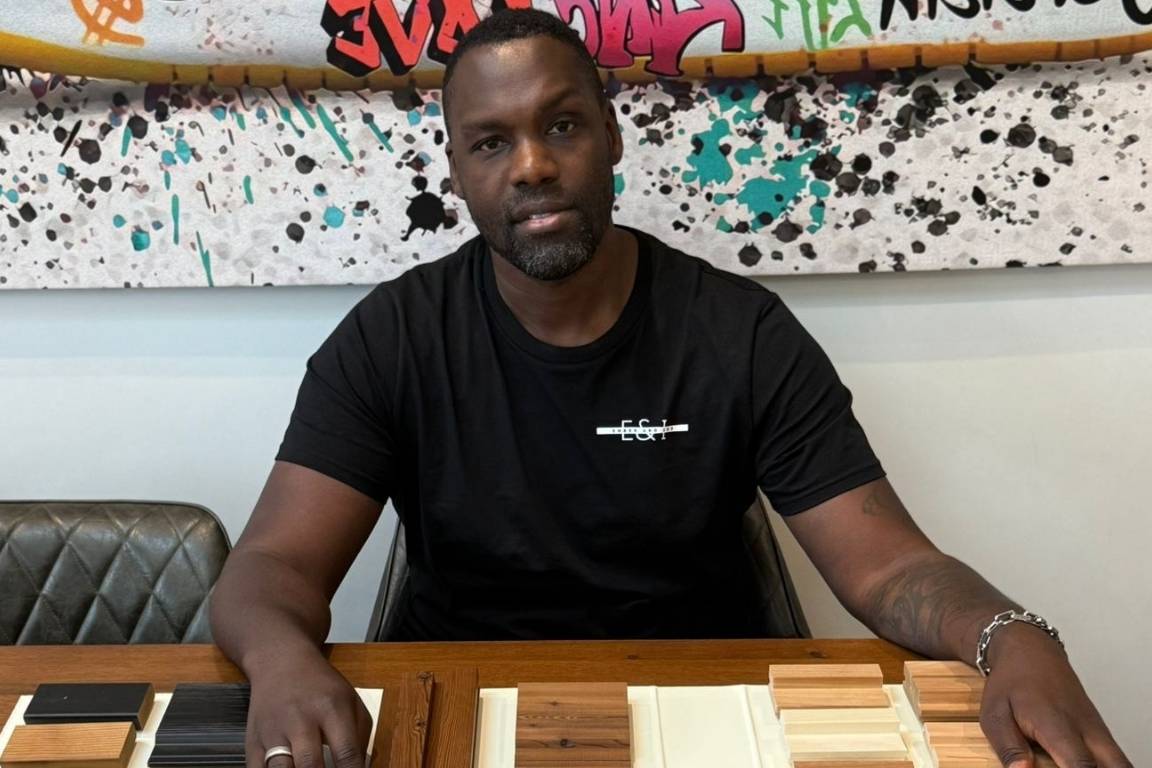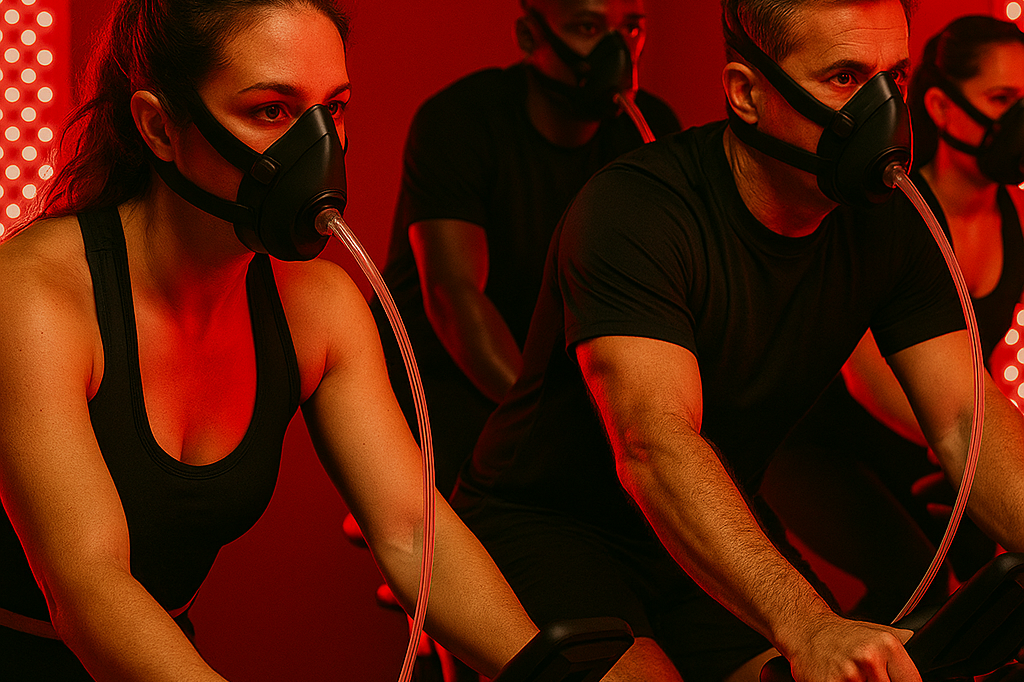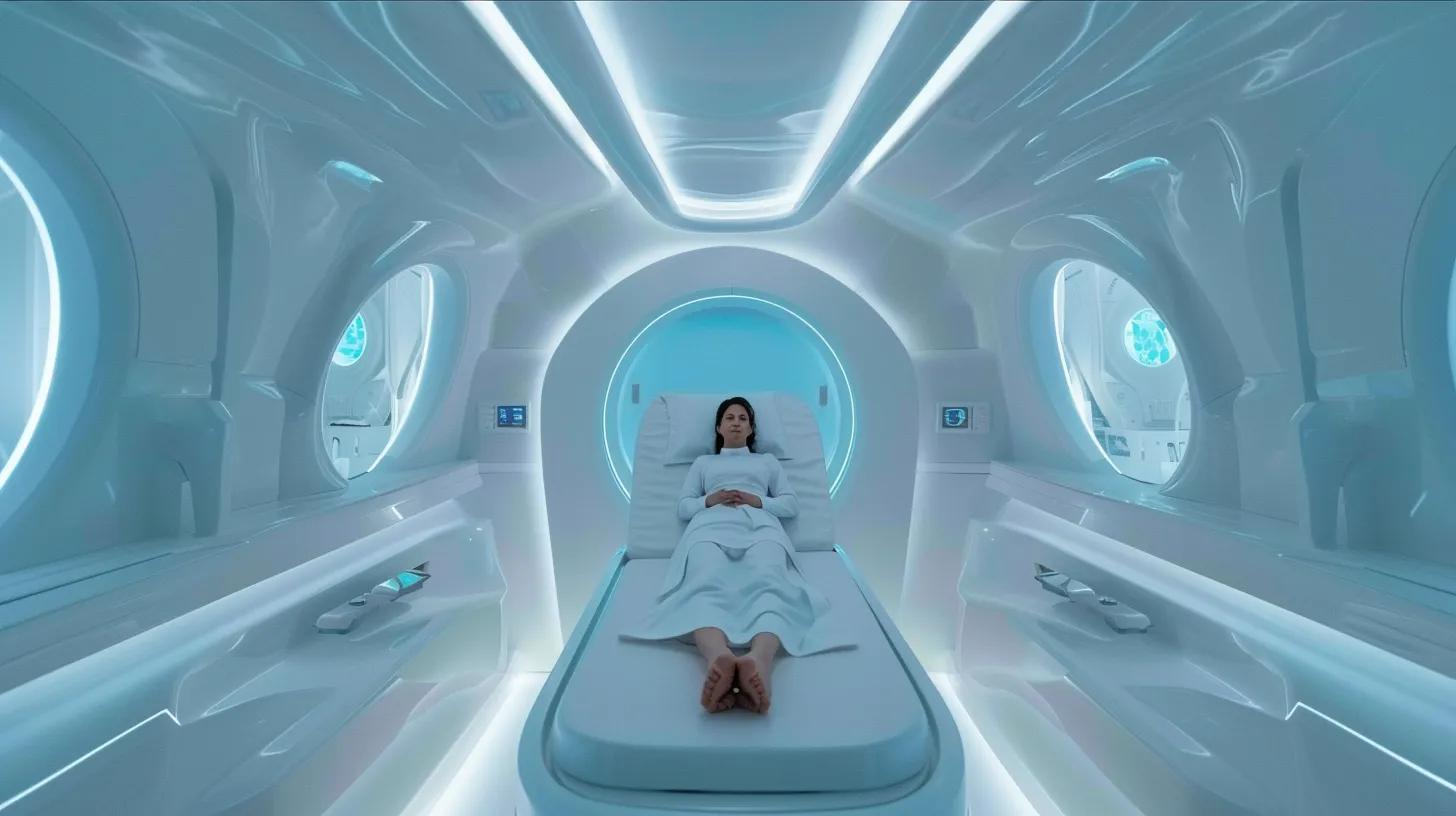
Future Wellness at Home: Luxury Spa Equipment & Contrast Therapy
Wellness is evolving from reactive treatments into a seamless integration of luxury, technology, and preventative care that empowers individuals to curate personalised well-being sanctuaries at home. As luxury home spa equipment, contrast therapy systems, and hot and cold therapy plunges redefine at-home recovery, emerging trends, driven by AI, wearable monitoring, and immersive experiences, are set to transform how we optimise healthspan and mental resilience. This guide unpacks the key forces shaping the next generation of wellness, details essential equipment and integration strategies, explores the science behind contrast and temperature therapies, and examines how AI, genomics, and immersive tech will drive proactive health and longevity.
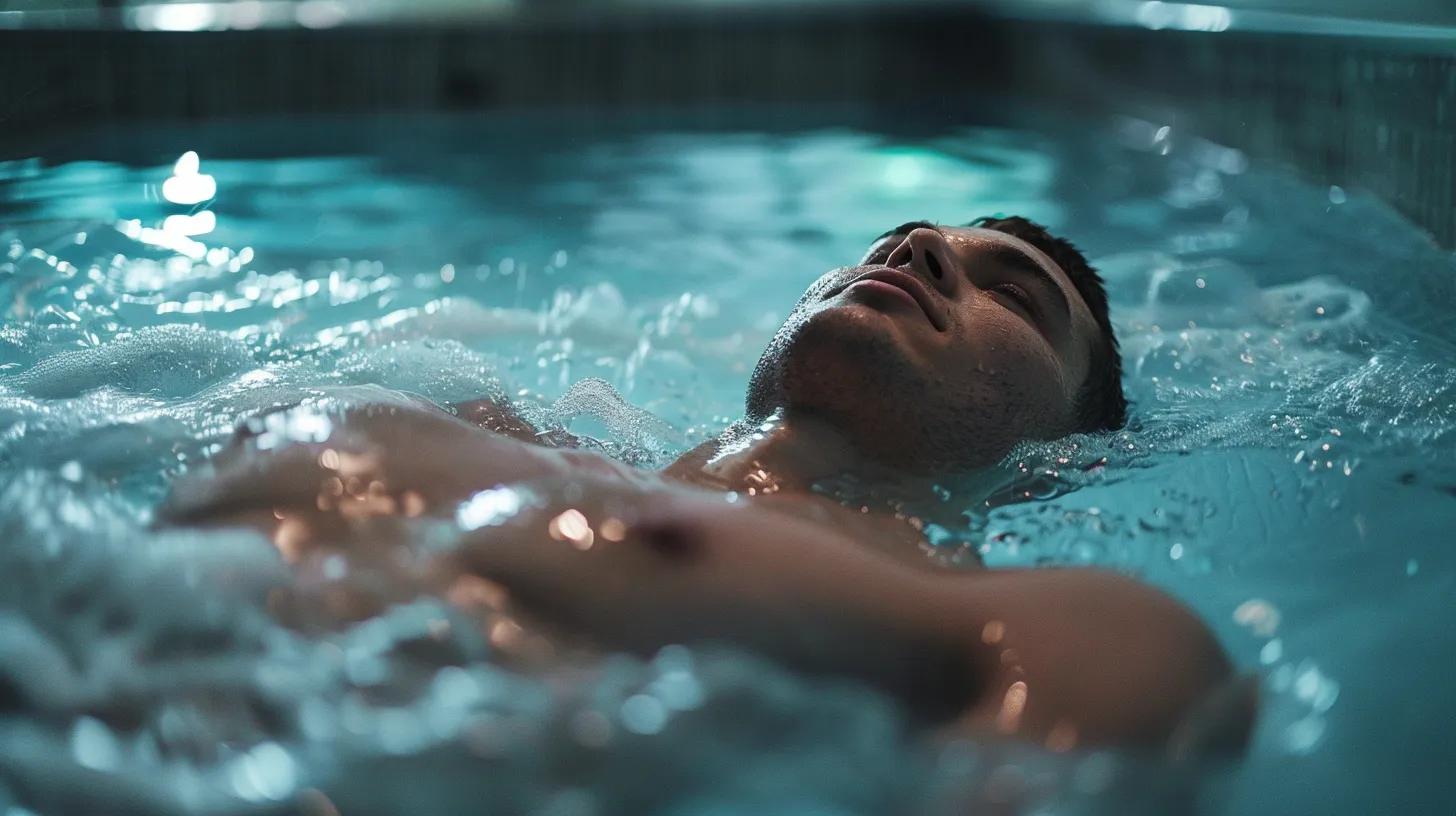
What Are the Key Trends Shaping the Future of Wellness?
The future of wellness is anchored in four converging pillars: hyper-personalisation through technology, a shift toward preventative health, immersive mind-body experiences, and premium at-home solutions. Together, these trends form an ecosystem that elevates daily self-care into data-driven, sensory-rich routines.
How Is Technology Driving Personalised Wellness Experiences?
Technology delivers tailored health insights by analysing biometrics, sleep patterns, and lifestyle data to recommend nutrition, movement, and recovery protocols. Wearable devices paired with AI-driven platforms enable continuous monitoring of heart rate variability, stress markers, and sleep cycles, which in turn power adaptive coaching and automated adjustments to home spa schedules, ensuring each session aligns with individual circadian rhythms and fitness goals.
Why Is Preventative Health Becoming Central to Wellness?
Preventative health leverages early detection and lifestyle optimization to forestall chronic disease. By integrating genomics, predictive analytics, and routine biomarker analysis via at-home test kits and smart devices, individuals can identify risk factors long before symptoms arise. This shift from reactive treatment to ongoing maintenance reduces healthcare costs and enhances quality of life.
What Role Do Immersive Experiences Play in Mental Wellness?
Immersive experiences, such as VR meditation programs, biofeedback rooms, and mindfulness pods, engage multiple senses to reduce stress, improve focus, and recalibrate the autonomic nervous system. These modalities foster deep relaxation and cognitive resilience by synchronizing audiovisual stimuli with real-time physiological data, creating a feedback loop that promotes sustained mental balance.
How Are Luxury Home Spa Solutions Transforming At-Home Wellness?
Premium home spa solutions integrate smart saunas, hydrotherapy baths, and AI-enhanced massage chairs into elegant home environments. By uniting advanced materials (e.g., carbon fiber infrared panels) with IoT connectivity and app-based controls, luxury equipment offers customisable temperature, humidity, lighting, and soundscapes, crafting spa-quality rituals that match resort-level experiences without leaving home.
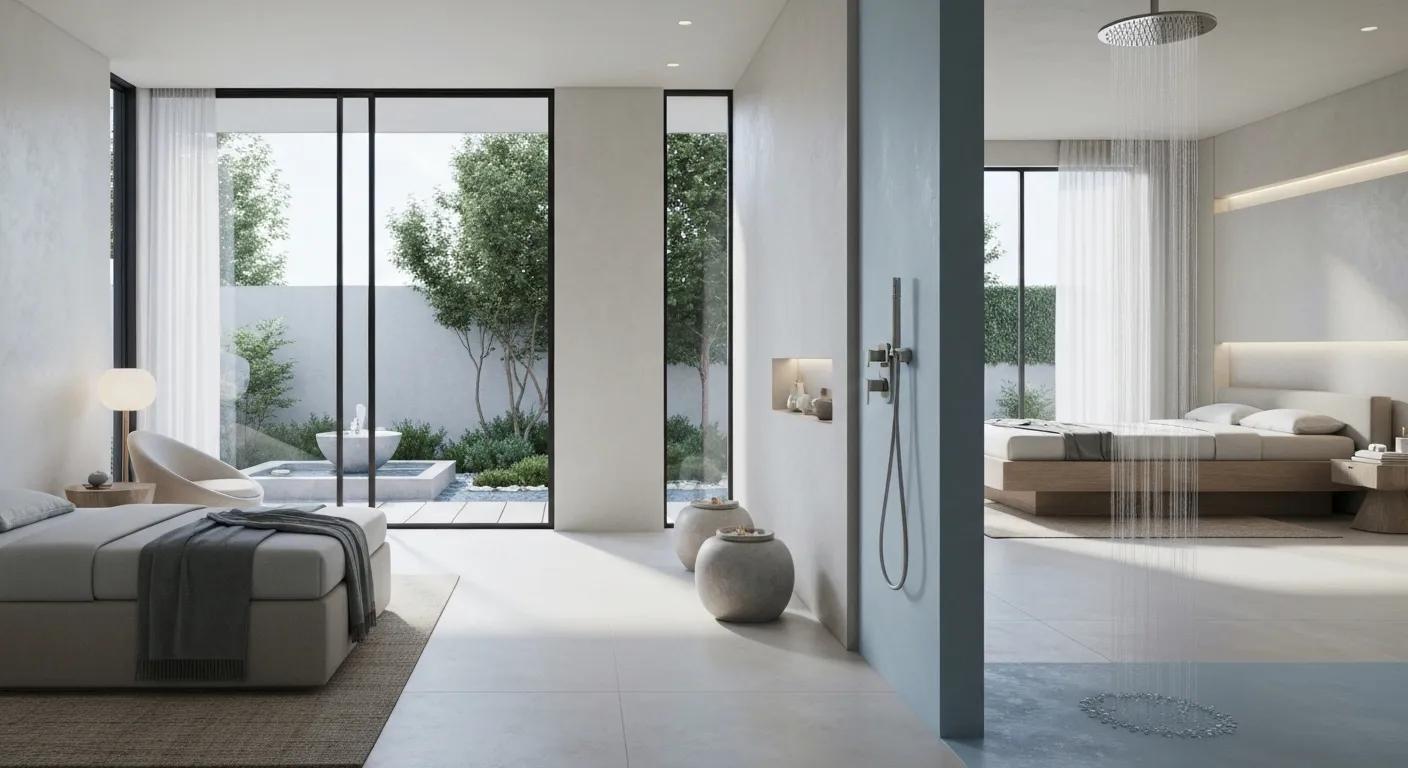
How Does Luxury Home Spa Equipment Enhance Future Wellness at Home?
Luxury home spa equipment elevates daily recovery by combining ergonomic design, advanced materials, and seamless automation to deliver therapeutic benefits alongside aesthetic appeal.
What Are the Essential Components of a Luxury Home Spa?
- Infrared Sauna – Deep tissue heat therapy using full-spectrum infrared panels
- Steam Room – High-humidity environment for respiratory support and detox
- Hydrotherapy Tub – Whirlpool or jet streams for muscle relaxation
- Contrast Therapy Plunge – Integrated hot and cold immersion for circulation
- Smart Massage Chair – AI-driven rollers and heat nodes for targeted relief
These elements create a holistic suite of services for cardiovascular health, muscular recovery, and stress reduction.
How Do Smart Technologies Integrate with Home Spa Systems?
Smart integration connects spa components to centralized apps and voice assistants. Automated routines can:
- Schedule Sessions based on biometric readiness scores
- Adjust Temperature via IR sensors and user profiles
- Track Usage and recommend recovery intervals
- Sync Lighting and Sound to guided meditation or chromotherapy programs
This orchestration ensures each spa session is data-informed and highly personalized.
Which Luxury Spa Equipment Offers the Best Health Benefits?
| Product | Feature | Benefit |
|---|---|---|
| Infrared Sauna | Full-spectrum panels | Enhances circulation and detoxification |
| Steam Room | Humid heat delivery | Clears respiratory passages and hydrates skin |
| Hydrotherapy Tub | Variable jet streams | Alleviates muscle tension and joint stiffness |
| Contrast Plunge System | Alternating hot/cold immersion | Improves vascular tone and accelerates recovery |
Each unit contributes unique mechanisms, hyperthermia from saunas, hydrostatic pressure from tubs, and thermoregulatory training from contrast therapy to a comprehensive wellness protocol.
How Can You Design a Personalised Home Wellness Sanctuary?
- Assess Space and Budget – Plan modular zones for heat, hydro, and contrast therapies.
- Select Core Equipment – Prioritize infrared sauna or steam room plus a cold plunge tub.
- Incorporate Smart Controls – Invest in IoT-enabled devices for automated scheduling.
- Add Immersive Elements – Integrate adjustable lighting, sound systems, and AR/VR spots.
By blending functional equipment with sensory design, you align your environment with individual wellness objectives.
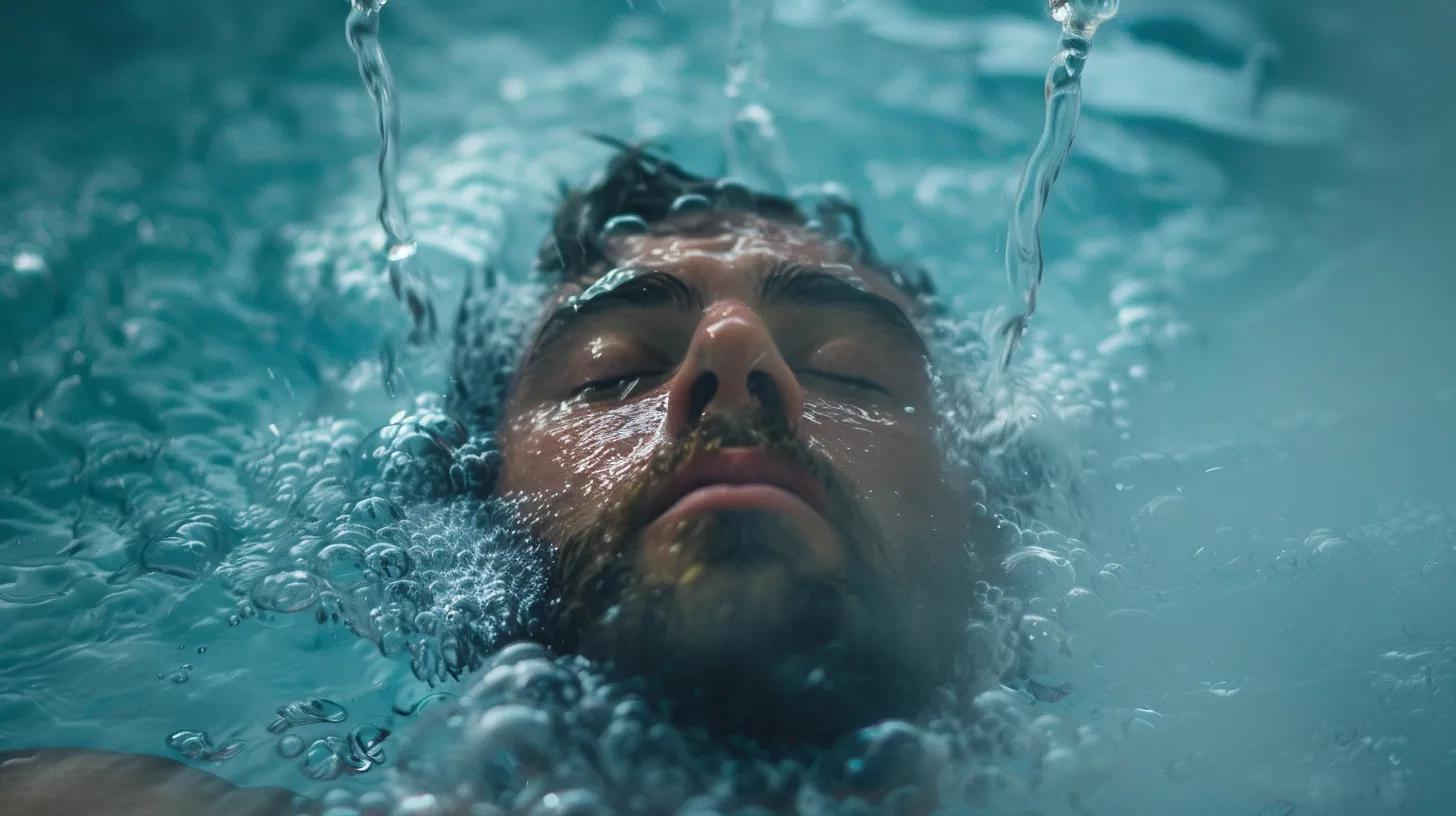
What Are the Benefits and Science Behind Contrast Therapy Systems?
Contrast therapy systems harness alternating heat and cold immersion to stimulate circulatory adaptations, reduce inflammation, and enhance recovery.
How Does Contrast Therapy Improve Muscle Recovery and Circulation?
Contrast therapy leverages vasodilation from warm immersion and vasoconstriction from cold plunges to create a vascular pump that accelerates blood flow, clears metabolic waste, and reduces edema. This thermoregulatory cycling promotes rapid nutrient delivery to muscles and alleviates soreness.
Hohenauer, E., et al. (2015). The effect of contrast water therapy on recovery in trained athletes.
This research provides scientific backing for the article’s discussion of contrast therapy systems and their impact on muscle recovery and circulation.
What Are the Different Types of Contrast Therapy Systems?
An overview of contrast systems:
| System Type | Heat Source | Cold Source | Application |
|---|---|---|---|
| Portable Contrast Plunge | Electric heater coil | Ice-chilled reservoir | Compact, entry-level |
| Integrated Spa Module | Steam or infrared sauna | Built-in cold tank | Luxury installations |
| Modular Panel Systems | Infrared panels + hot tub | Plug-and-play cold unit | Customizable configurations |
How Can You Safely Implement Contrast Therapy at Home?
- Consult a Physician if you have cardiovascular or autoimmune conditions.
- Maintain Temperature Ranges: 38–43 °C for heat, 2–9 °C for cold immersion.
- Alternate Immersions: 2–3 minutes heat, 30–60 seconds cold, repeat 3–5 cycles.
- Monitor Vital Signs: Use wearables to track heart rate and body temperature.
Adhering to protocols ensures therapeutic effectiveness without undue risk.
What Are the Latest Advances in Contrast Therapy Technology?
- Automated Thermal Regulation – AI algorithms adjust temperatures in real time.
- Wearable Feedback Integration – Devices trigger cycle transitions based on biometrics.
- Self-Cleaning Systems – UV and ozone sanitation reduce maintenance.
These advances streamline user experience and maximize recovery outcomes.
How Are Hot and Cold Therapy Plunges Revolutionising Wellness Recovery?
Hot and cold plunges deliver targeted thermal stressors that drive detoxification, circulation, and metabolic boosts.
What Are the Health Benefits of Cold Water Immersion?
- Reduced Inflammation through lowered cytokine release
- Enhanced Mood via endorphin and norepinephrine surge
- Improved Immune Response by mobilizing white blood cells
- Increased Metabolic Rate through thermogenesis stimulation
Lalonde, F., & Ducharme, M. B. (2018). Cold Water Immersion: Physiological Responses and Practical Applications.
This research supports the article’s claims about the health benefits of cold water immersion.
How Do Infrared Saunas Complement Cold Plunge Therapy?
Infrared saunas precondition tissues with deep-penetrating heat, dilating blood vessels and priming the body for subsequent cold stress. Alternating infrared sessions with cold plunges amplifies cardiovascular adaptation and accelerates toxin elimination via sweat.
What Features Define Professional-Grade Home Cold Plunge Tubs?
- Precision Temperature Control within ±1 °C
- Rapid Cooling Systems enabling swift temperature drops
- Ergonomic Design for comfort during immersion
- Integrated Filtration for water purity and minimal upkeep
These features ensure consistent, effective cold therapy akin to professional facilities.
How Does Hot and Cold Therapy Support Detoxification and Circulation?
By cyclically expanding and contracting blood vessels, thermotherapy drives lymphatic drainage and mobilizes toxins from tissues. Heat provokes sweat-mediated elimination, while cold immersion consolidates circulation, promoting efficient delivery of oxygen and nutrients to organs.
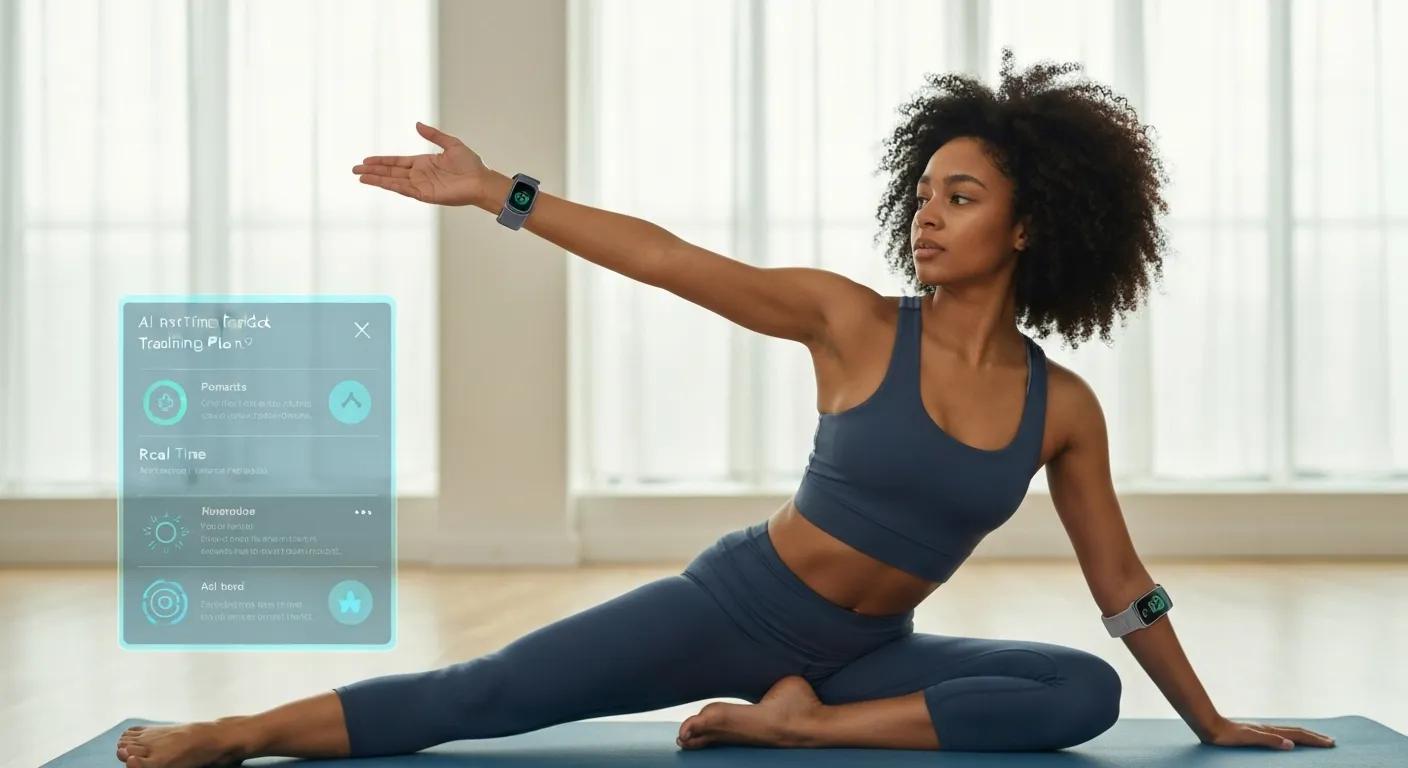
How Will AI and Wearable Technology Shape Personalised Wellness?
AI and wearables are creating a data-rich ecosystem that anticipates health needs and automates self-care.
What AI Innovations Enable Predictive Health Analytics?
AI frameworks analyse longitudinal health data to forecast illness onset, recommending proactive interventions. Machine learning models integrate genetic profiles, activity logs, and environmental factors to personalise diet, exercise, and recovery schedules, preempting declines before symptoms surface.
How Do Wearable Devices Monitor and Improve Sleep Patterns?
Advanced wearables track sleep stages, respiratory rate, and movement to identify disturbances. Coupled with AI coaches, they deliver real-time recommendations, such as optimised lighting cues, temperature adjustments, and guided breathing exercises, to enhance REM and restorative deep sleep phases.
What Is Personalised Nutrition and Fitness Through AI?
AI-driven platforms synthesize biometric inputs and dietary data to craft bespoke meal plans aligned with genomic markers. Similarly, exercise regimens adapt in real time based on fatigue scores, lactate thresholds, and recovery metrics, ensuring optimal performance and minimizing injury risk.
Topol, E. J. (2019). Deep medicine: How artificial intelligence can make healthcare human again.
This citation supports the article’s claims about the role of AI in personalized nutrition and fitness.
What Ethical Considerations Surround AI in Wellness?
Responsible AI deployment demands rigorous data privacy, transparent algorithmic decision-making, and bias mitigation. Individuals must retain control over health data, with clear opt-in policies and robust encryption to safeguard sensitive biometric information.
What Future Approaches Are Driving Preventative Health and Longevity?
Preventative health is evolving through precision tools, genomics, and lifestyle modulation to extend healthspan.
How Is Wellness Shifting from Reactive to Proactive Care?
Wellness is moving upstream, emphasising routine screenings, digital phenotyping, and continuous biomarker tracking. Early warnings, delivered via smart devices, prompt instant behavioral adjustments and clinical consultations before illness manifests.
What Role Does Genomics Play in Precision Wellness?
Genomic insights reveal individual susceptibilities to metabolic disorders, nutrient sensitivities, and longevity pathways. Integrating genetic data with lifestyle and microbiome analyses tailors interventions that optimise cellular repair, immune resilience, and aging trajectories.
How Does Lifestyle Influence Extended Healthspan?
Lifestyle factors, nutrition, stress management, sleep hygiene, and exercise, modulate gene expression through epigenetic mechanisms. Consistent circadian alignment, plant-rich diets, and regular thermal stress therapy collectively slow biological aging and fortify systemic health.
What Market Trends Are Shaping Preventative Health Technologies?
- Direct-to-Consumer Diagnostics for at-home biomarker testing
- Digital Therapeutics delivering therapeutic software for chronic conditions
- Telehealth Integration connecting real-time data to clinical support
- Enterprise Wellness Platforms offering corporate health solutions
Investments in these areas anticipate a robust growth trajectory as consumers demand holistic, anticipatory care.
How Are Immersive Experiences Enhancing Mental Wellness and Mind-Body Connection?
Immersive modalities harness sensory stimuli and biofeedback to cultivate mental resilience and deeper mind-body harmony.
How Do Virtual and Augmented Reality Support Mental Health?
VR and AR programs simulate calming environments and guided therapies such as exposure therapy, stress inoculation, and mindful exploration enabling users to engage in tailored mental health sessions that adapt to physiological feedback.
What Digital Tools Aid Stress Reduction and Mindfulness?
Apps combining breath-sensing headphones, heart rate monitors, and adaptive soundscapes deliver real-time stress tracking and guided meditation. These digital companions reinforce relaxation techniques through gamified biofeedback loops.
How Is Mental Health Support Evolving with Technology?
Teletherapy platforms, AI chatbots, and remote monitoring tools extend behavioral health services beyond clinics. Predictive algorithms identify risk patterns and trigger timely interventions, while VR group sessions create immersive peer-support environments.
What Are Examples of Immersive Wellness Experiences?
- Sensory Deprivation Pods for deep neuroplasticity facilitation
- Holographic Meditation Rooms that adjust light and aroma based on stress levels
- Biofeedback-Driven Art Installations blending creativity and physiological regulation
These pioneering experiences underscore therapy’s next frontier, where technology and human-centric design converge to elevate mental well-being.
Embracing these innovations in home spa equipment, contrast therapy, thermal plunges, AI insights, and immersive experiences lays the groundwork for a holistic, proactive approach to health and longevity. By adopting these future-proof wellness strategies, individuals can transform ordinary spaces into personalised recovery sanctuaries and navigate the evolving landscape of well-being with confidence.
Related Posts
November 17, 2025
Sauna Buyers Guide: What Do We Mean By A “Premium Insulated Sauna”?
What is a premium insulated sauna? Explore materials, energy savings, heat…
October 30, 2025
The Story Behind Ember & Ice Wellness | Nordic-Inspired Wellness Design
Discover how Ember & Ice Wellness was founded by Chris Wainwright-Park, a…
October 22, 2025
The Future of Recovery: How Science-Backed Wellness Is Redefining Human Performance
Discover how Ember and Ice is shaping the future of science-backed wellness…

